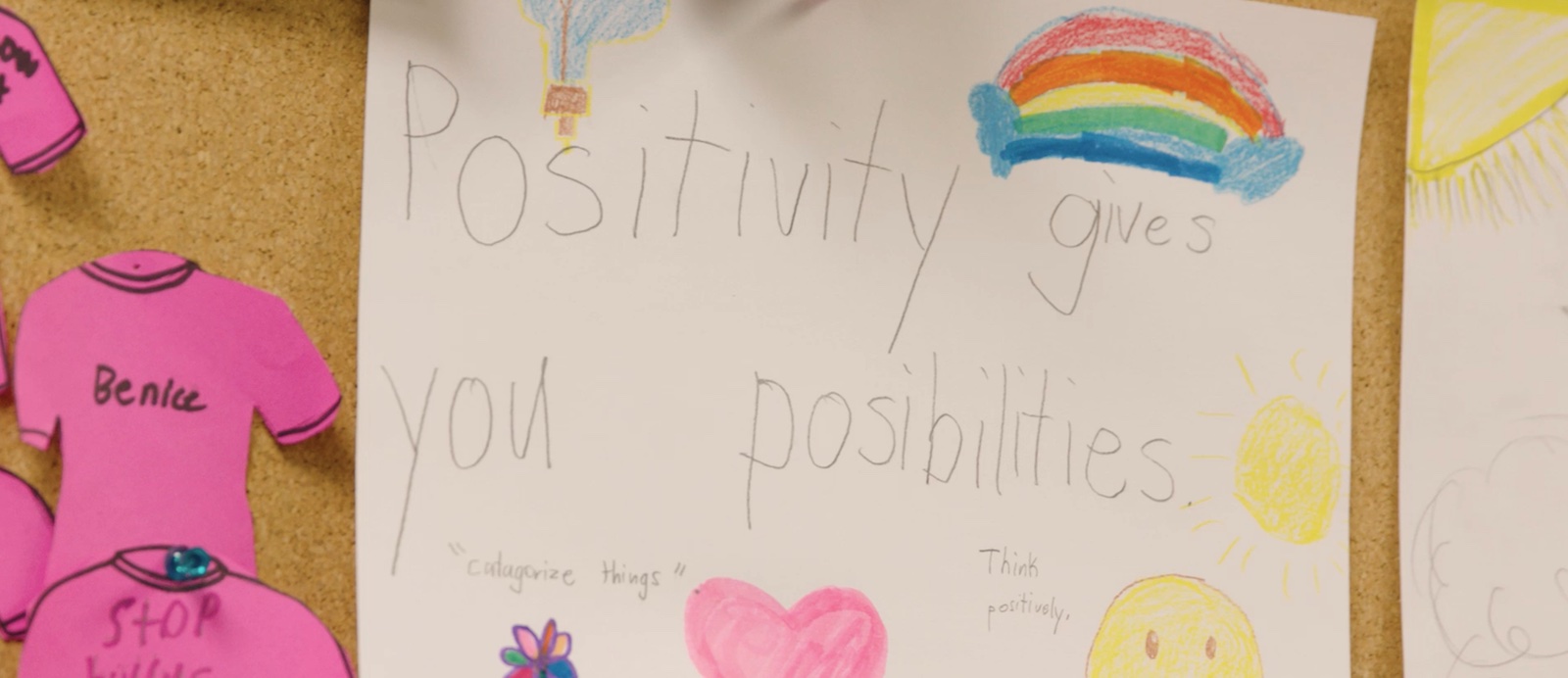
Change Can Happen. Episode #4: Helping inner city youth create better futures for themselves
A multi-part series produced by Central City Foundation, “Change Can Happen” explores community-led programs, initiatives and ideas from our inner city that are helping to build a resilient, caring and inclusive community where it is possible for all people to overcome injustice, participate and thrive.
There are a surprising number of youth in the lower mainland who are growing up on the streets due to a range of complex reasons. These young people face significant challenges, including homelessness or housing insecurity, poverty and lack of access to health services or educational opportunities. Many of these youth are also facing challenges with their mental health and addictions resulting from trauma and isolation. The most recent Vancouver Homeless Count in 2020 found that 9% of the homeless people identified were under the age of 25. A significant percentage of these youth were in government care, with many of them also experiencing homelessness as a child.
Fortunately, there are community-led organizations that believe in the potential and value of every individual youth. Aunt Leah’s Place, for example, works with over 400 young people each year who are aging out of government care. Through various supports and programs, Aunt Leah’s is working to end the cycle of poverty and homelessness for young people who have come from the foster care system. “At one point, we tracked the number of times a young person moved homes while in the child welfare system. The average was nine times,” said Sarah Stewart, Executive Director of Aunt Leah’s Place. “There’s a fear around becoming homeless. There’s fear around making a mistake that will be detrimental to their life.” Aunt Leah’s Place plays the essential role of a family support structure. By surrounding youth with supports that include housing, counselling, life-skill development, education and employment opportunities, they help young people from foster care realize their potential and become independent adults. “Having this community around them helps carry their fears,” said Stewart, “So it’s not just on them. This allows them to be able to take that very first step forward towards a goal they might have.”
Directions Youth Services typically works with over 1,000 of the lower mainland’s most vulnerable youth each year. Most of whom are experiencing homelessness or housing insecurity. “The challenges the youth are facing are immense. Many of these individuals have not come from a healthy family background and have never known a stable home environment,” said Maria Howard, CEO of Family Services of Greater Vancouver (who operates Directions). “Many of these individuals have severe mental health challenges, they have lived in abuse, they are trying to survive, and it’s amazing how many of them actually do survive.” Directions believes it is essential to provide youth services and supports that are unconditional and non-judgmental, regardless of where the individual might be on their journey. Added Howard, “They need to feel safe. They need to feel that they can trust those who are reaching out to them.”
Indigenous youth are a disproportionally high percentage of these young people. “We definitely see the trauma that our youth are carrying on their backs,” said Cheryl Robinson, CEO of Urban Native Youth Association. “It comes out in different ways, whether it’s addiction, mental health challenges, or just the struggles with residential schools and the lack of our families being parented, shown how to love.”
UNYA provides wrap-around services and programming for Indigenous youth aged 11-30. Any individual Indigenous youth can access the UNYA service or program that is relevant to them in a safe, encouraging and culturally appropriate space. “They’ve been through a lot in their young lives. We see the strength that they hold and use that, and we tell them they are powerful and they are strong. This is where they can get help.” says Lashawn, Assistant Manager at UNYA’s Ravens Lodge. “The hope I have for the youth that come through our program is to give them enough tools and resources to through the world on their own, to be able to protect themselves, advocate for themselves and create safety for themselves.”
Thunderbird Community Centre is not your typical community centre that offers fee-for-service programs. Located in an area with a high percentage of youth facing complex challenges, many of their programs focus on teaching basic life skills to increase their chances of success. The Youth Games Room is the home base for youth programming and is open six days a week, serving free snacks and providing a safe, supervised space for kids to hang out. “A lot of the kids that come here, their parents are working full-time, sometimes working two jobs,” said Priya, Community Youth Worker, Thunderbird Community Centre. “Sometimes they’re here until 10 pm. Sometimes it’s an older sibling coming to pick them up. Sometimes they’re walking home alone.” This past school year, the program had 38 youth participants between the ages of 12-15 years and 56 youth participants between the ages of 16-18. “The more that they join the programs, the more they get to know the staff better. They want to get involved in the community,” adds Priya. “When they see these role models, they want to go to school. They want to get into these positions.”
When you support Central City Foundation, you’re helping inner city youth create better futures for themselves.
 Previous story
Previous story
